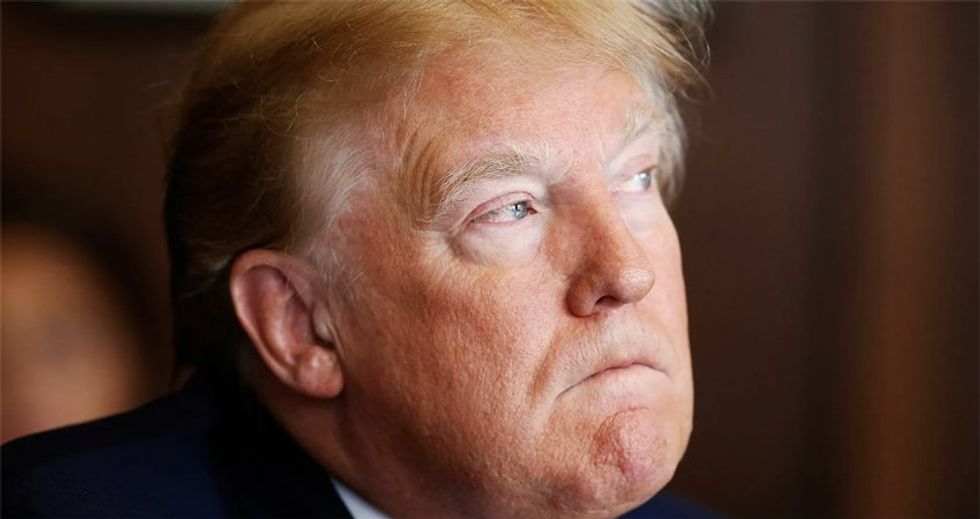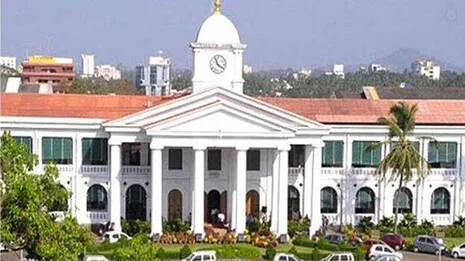
The African Continental Free Trade Area (AfCFTA) presents a significant opportunity for Nigeria to grow its economy, but the country must take concrete steps to maximise its benefits. This was disclosed by a maritime expert and former president of the Association of Nigerian Licensed Customs Agents (ANLCA), Tony Nwabunike. Nwabunike who stated this at a recent conference in Lagos with the theme: “Nigeria’s Maritime Industry Under the Renewed Hope Agenda: What is New?”, disclosed that Nigeria’s large market size, with a population of over 223 million people, makes it a critical player in the AfCFTA.
However, he emphasised that Nigeria must address several challenges to fully leverage the AfCFTA. These challenges he noted include modernising its borders, improving security, and enhancing trade infrastructure. His words: “We are growing our export but not at a commensurate measure with our high import volume whereas Nigeria has what it takes to become the China of Africa in terms of production.

“Today, some African countries are taking the bull by the horns, working hard to break new grounds in political, economic and social development. Being part of the single largest market in the world where we ought to have influential participation is an opportunity lying on our laps. “We must as a country be ready to take the opportunity offered to us before Nigerians become backbenchers in a system we ought to be frontrunners.
“Presently there is no smart border in Nigeria. Our pace at modernisation of borders which are critical migration and trade gateway has been very slow. “No border in Nigeria aptly meets the requirements to be called a smart border and as a country envisaging good volume of trade, the federal government needs to up our game in this direction for the purpose of national security, economic protection and proper monitoring of human and cargo movements across the frontiers.
“With multiple entry points, Nigeria’s preparedness for a full implementation of AfCFTA agreement is important to determine our suitability for seamless trade within our region and other parts of the continent”. The trade expert also highlighted the need for Nigeria to strengthen its diplomatic relationships with neighboring countries, particularly Niger, to facilitate trade and economic cooperation. He noted that the Trans-Saharan Gas Pipeline project, which aims to connect Nigeria’s gas fields to Europe via Algeria, is a critical project that requires cooperation between Nigeria, Niger, and Algeria.
Furthermore, Nwabunike emphasised the need for Nigeria to liberalise its visa regime to facilitate travel and trade with other African countries. “While I commend President Bola Tinubu for his recent move to South Africa to negotiate a soft visa issuance regime for Nigerian businessmen and tourists, I want to urge that same strategy be applied to other African countries outside the ECOWAS region. “This, when achieved, can shorten travel preparation time and cost, creating room for Nigerian traders to tap into the wider African market.
This move can set the tone for the African Union to ease connectivity”. Commenting on how to make the Nigerian Ports more export ready, he pointed out that the Nigerian Ports Authority (NPA) should dedicate more space for exports and work towards reviving moribund legacy ports like Burutu, Sapele, Koko Port and Calabar Port. “These maritime infrastructures are relevant for today’s Nigeria and could serve the larger interests of Nigerians and Africans using the maritime space to trade under the AfCFTA regime.
“We have the potential to become the biggest beneficiary country in AfCFTA if we get electricity right for industrialisation with safer fields for our farmers and trans border traders,” he added..










